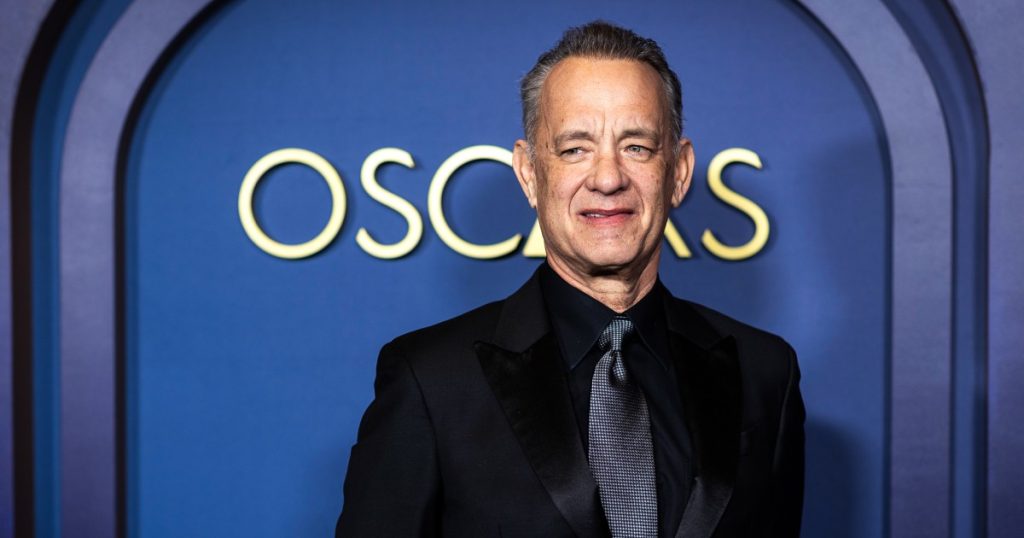Actor Tom Hanks recently issued a warning to his followers on Instagram, stating that his face and likeness have been used in ads through AI without his consent. Hanks emphasized that he has nothing to do with these advertisements promoting miracle cures and wonder drugs, which have been created fraudulently using AI technology. He stressed that he only works with his board-certified doctor for his type 2 diabetes treatment and urged his followers not to be swindled or lose their hard-earned money to these deceptive ads.
The use of artificial intelligence to create deepfake ads featuring manipulated celebrity voices or likenesses is a growing concern. In addition to Tom Hanks, other celebrities like Elon Musk, Warren Buffett, Youtuber MrBeast, CBS anchor Gayle King, and Taylor Swift have also been targeted in similar AI-generated scams. Notably, Donald Trump recently shared images on Truth Social that appeared to show Taylor Swift fans wearing “Swifties for Trump” T-shirts, with some of the depicted individuals being AI creations. This trend of using AI to fabricate endorsements or false representations of celebrities has raised ethical and legal questions.
Taylor Swift herself has also been a victim of AI-generated content, including sexually suggestive images and videos and false identification as a Trump supporter. In May, actor Scarlett Johansson called out OpenAI for using a voice that sounded like hers in its GPT-4o model, despite her refusal to provide her voice for the project. OpenAI responded by announcing that they would no longer use Johansson’s voice without clarifying the reasoning behind their decision. Johansson’s critique of OpenAI was supported by SAG-AFTRA, the labor union representing Hollywood actors, highlighting the ongoing concerns surrounding the unauthorized use of celebrities’ voices and likenesses in AI-generated content.
The proliferation of deepfake ads and fabricated endorsements using AI technology poses challenges for both celebrities and the public. These deceptive practices can harm a celebrity’s reputation and credibility, leading to potential legal disputes over unauthorized use of their image or voice. Additionally, consumers may be misled into purchasing products or services based on false claims made in these AI-generated ads, resulting in financial losses and potential health risks. As this issue continues to evolve, there is a growing need for regulations and safeguards to protect individuals from the misuse of AI technology for fraudulent purposes.
It is essential for platforms, advertisers, and AI developers to prioritize ethical practices and respect the rights of individuals when creating content using AI technology. Celebrities like Tom Hanks and Scarlett Johansson have spoken out against the unauthorized use of their likeness or voice in AI-generated content, prompting discussions about the need for clearer guidelines and accountability in the industry. By raising awareness about these issues and advocating for transparency and consent in AI-generated content, celebrities and advocacy groups can help mitigate the risks associated with deepfake ads and misinformation spread through manipulated celebrity endorsements.
In conclusion, the case of Tom Hanks and other celebrities being targeted by AI-generated deepfake ads highlights the challenges posed by the misuse of AI technology in advertising and content creation. As the prevalence of deepfake ads continues to grow, there is a critical need for industry stakeholders to address the ethical and legal implications of these practices. By working together to establish clearer regulations and guidelines for the use of AI technology in advertising, we can help protect individuals’ rights and prevent the spread of misinformation and fraudulent content online.


